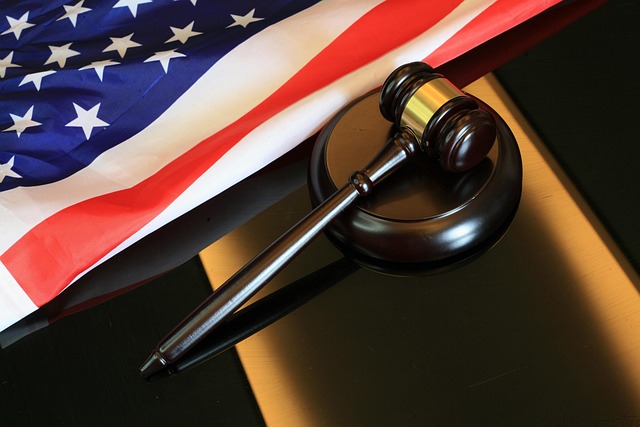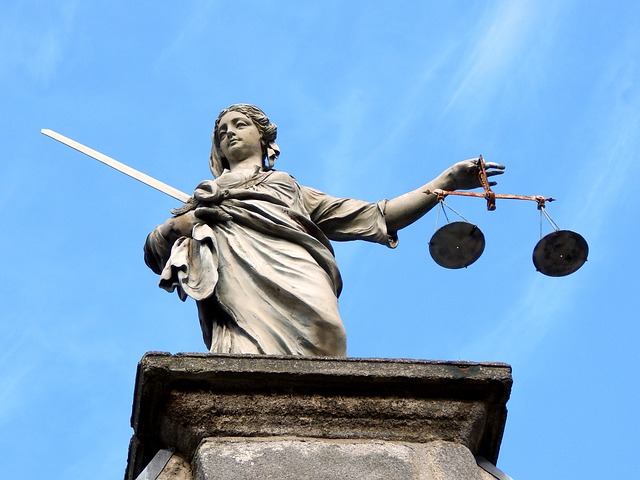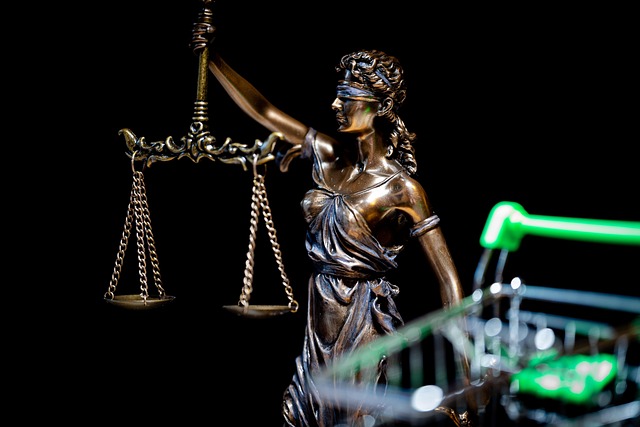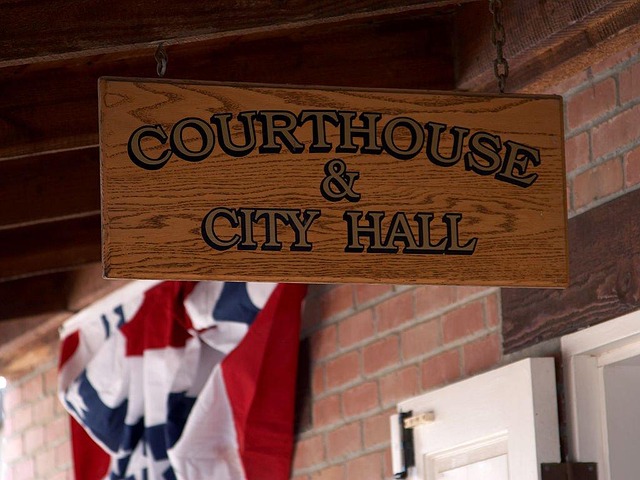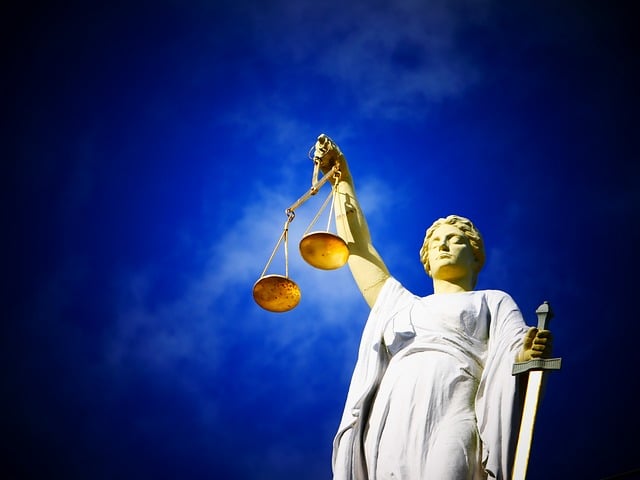The Class Action Lawsuit Settlement Process Explained plays a critical role in addressing public corruption charges, which undermine democratic institutions and impair the rule of law. When affected individuals band together, their collective action leads to more substantial compensation and enhanced legal rights compared to individual lawsuits. The process involves filing a complaint, court certification as a class action, legal negotiations, mediation, and ultimately, court-approved settlement funds. In public corruption cases, plaintiffs' attorneys investigate and build strong cases, while defense lawyers present defenses. Effective negotiation strategies and transparent fund distribution ensure just compensation for all eligible parties, fostering trust in the Class Action Lawsuit Settlement Process Explained.
In the intricate landscape of legal battles, public corruption charges stand as a complex web, impacting communities and shaping political narratives. This article offers an in-depth exploration of the Class Action Lawsuit Settlement Process Explained, particularly focusing on public corruption cases. We’ll unravel the definition and far-reaching impacts of such charges, guide you through each step of the settlement process, and highlight key players involved. Additionally, we’ll delve into strategies for effective negotiations and the equitable distribution of funds, providing a comprehensive understanding of this critical legal domain.
- Understanding Public Corruption Charges: Definition and Impact
- The Class Action Lawsuit Settlement Process: Step-by-Step Guide
- Key Players and Roles in a Public Corruption Case Settlement
- Strategies for Effective Settlement Negotiations and Distribution of Funds
Understanding Public Corruption Charges: Definition and Impact

Public Corruption Charges refer to allegations of illegal or unethical behavior by public officials or those in positions of power. This can include acts such as bribery, fraud, abuse of authority, and conflict of interest. These charges carry significant weight, as they erode public trust, undermine democratic institutions, and impede the rule of law. The impact is profound—it can lead to loss of confidence in government bodies, destabilize communities, and hinder economic growth.
In the context of high-stakes cases like these, understanding the Class Action Lawsuit Settlement Process becomes crucial. When individuals or groups are affected by public corruption, they may initiate a class action lawsuit against the perpetrators, seeking redress for damages suffered. This process involves detailed investigations, legal negotiations, and ultimately, settlement agreements. An unprecedented track record of successful settlements in white-collar and economic crimes cases demonstrates the effectiveness of this approach in holding corrupt officials accountable and providing compensation to aggrieved parties.
The Class Action Lawsuit Settlement Process: Step-by-Step Guide
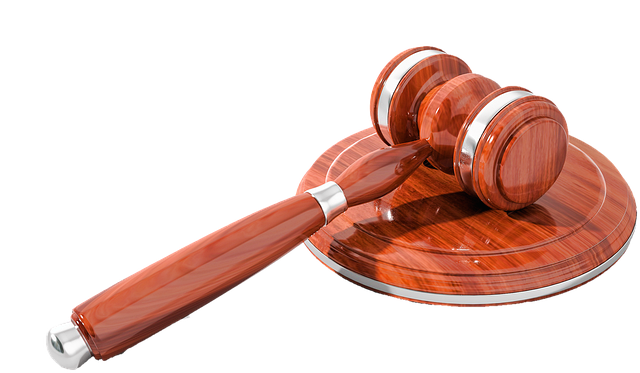
The Class Action Lawsuit Settlement Process Explained
In a class action lawsuit settlement, a group of individuals with similar legal claims join together to sue a common defendant. This collective approach allows for more significant compensation and improved legal standing compared to individual lawsuits. The process begins with the filing of a complaint, which outlines the allegations against the defendant. Once certified as a class action by the court, plaintiffs’ lawyers will negotiate with the defendant’s counsel to reach a settlement that benefits all members of the class.
This negotiation typically involves several steps. First, the parties exchange legal positions and relevant documents. Next, they engage in mediation or other alternative dispute resolution methods to facilitate a mutually agreeable solution. If successful, the court approves the settlement, which includes a compensation fund for class members. The defendant may also agree to implement reforms to prevent future misconduct within the philanthropic and political communities or corporate and individual clients across the country.
Key Players and Roles in a Public Corruption Case Settlement
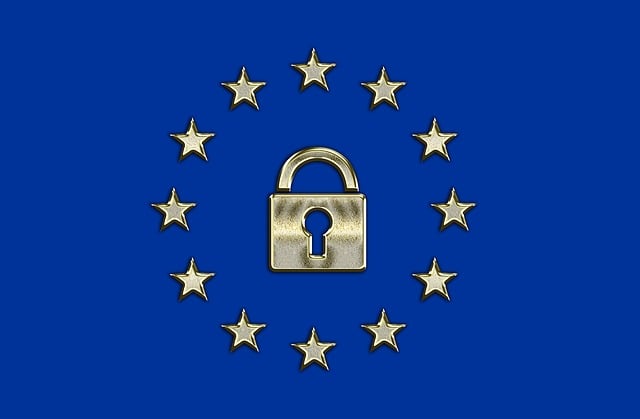
In a public corruption case settlement, several key players and roles come into play. At the forefront are plaintiffs’ attorneys who initiate the class action lawsuit process explained. They carefully investigate and build a strong case against the accused corrupt officials or entities. These lawyers advocate for victims, ensuring their rights are protected and seeking justice through a thorough legal strategy.
Another crucial role is that of the defense attorneys. They represent the interests of the government bodies or individuals facing charges. Defense lawyers present challenging defenses, aiming to protect their clients from severe penalties. Their expertise is vital in navigating complex legal procedures and arguing for acquittal or reduced sentences. An unprecedented track record of winning such cases can be a significant factor in shaping the settlement’s outcome, demonstrating the skills required to handle these high-stakes corruption investigations.
Strategies for Effective Settlement Negotiations and Distribution of Funds
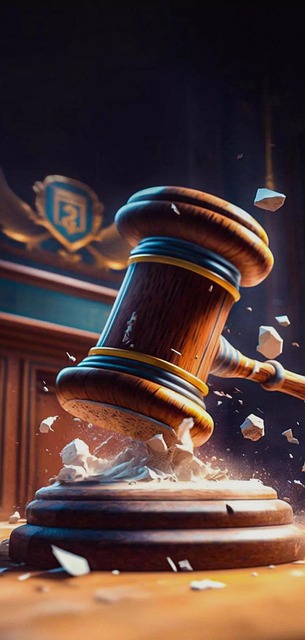
In the context of a Class Action Lawsuit Settlement Process Explained, effective negotiation strategies are paramount to securing just compensation for affected parties. This involves meticulous planning and understanding of both legal and financial complexities. A well-structured approach includes identifying key stakes for all involved, including corporate and individual clients accused of white collar and economic crimes. By engaging in open dialogue, settlement negotiators can navigate the nuances of the case, considering the potential impact on victims and the broader community.
The distribution of funds resulting from a successful settlement requires a transparent and equitable process. This involves meticulous allocation strategies to ensure that all eligible parties receive their rightful share. Across the country, legal experts collaborate with financial specialists to create distribution plans that honor the severity of the crimes committed while adhering to legal precedents and ethical guidelines. Such measures foster trust among plaintiffs and contribute to the overall success of the settlement process.
The journey towards justice in public corruption cases involves a complex process, from understanding the charges to negotiating settlements. As this article has explained, the Class Action Lawsuit Settlement Process plays a pivotal role in holding accountable those who have abused their power. By following a structured guide and involving key players, legal teams can navigate these intricate cases effectively. Through strategic negotiations and fair distribution of funds, the process ensures that victims are compensated and societal trust is restored, making it an essential tool for tackling public corruption.
